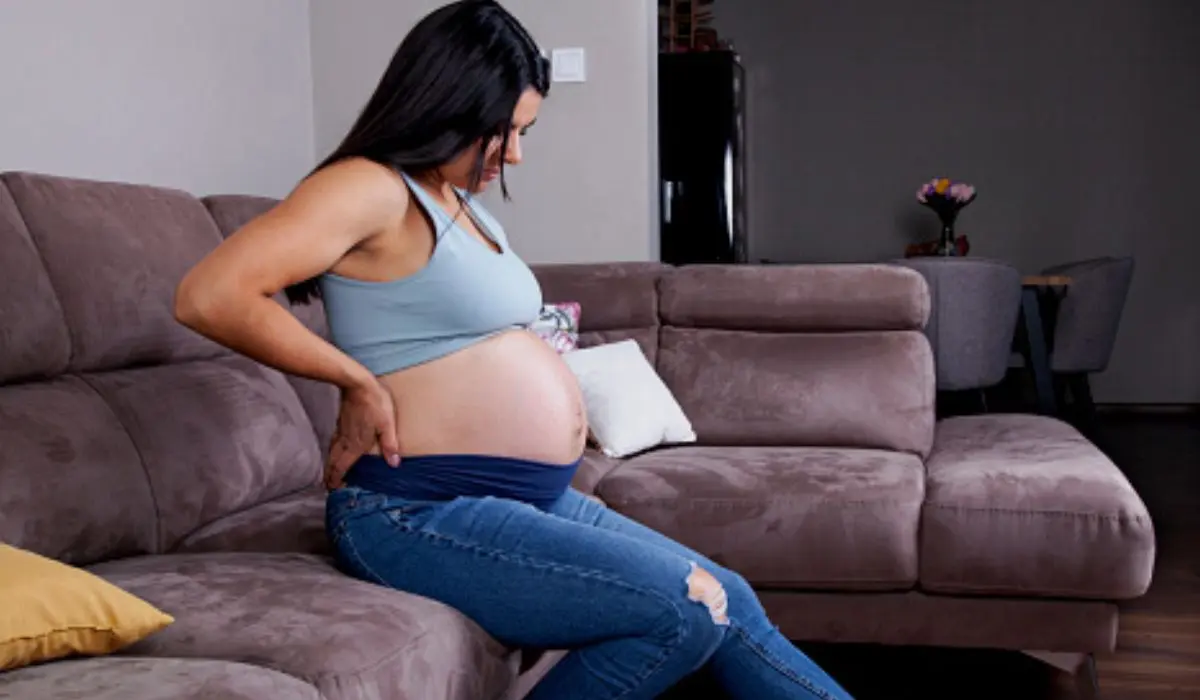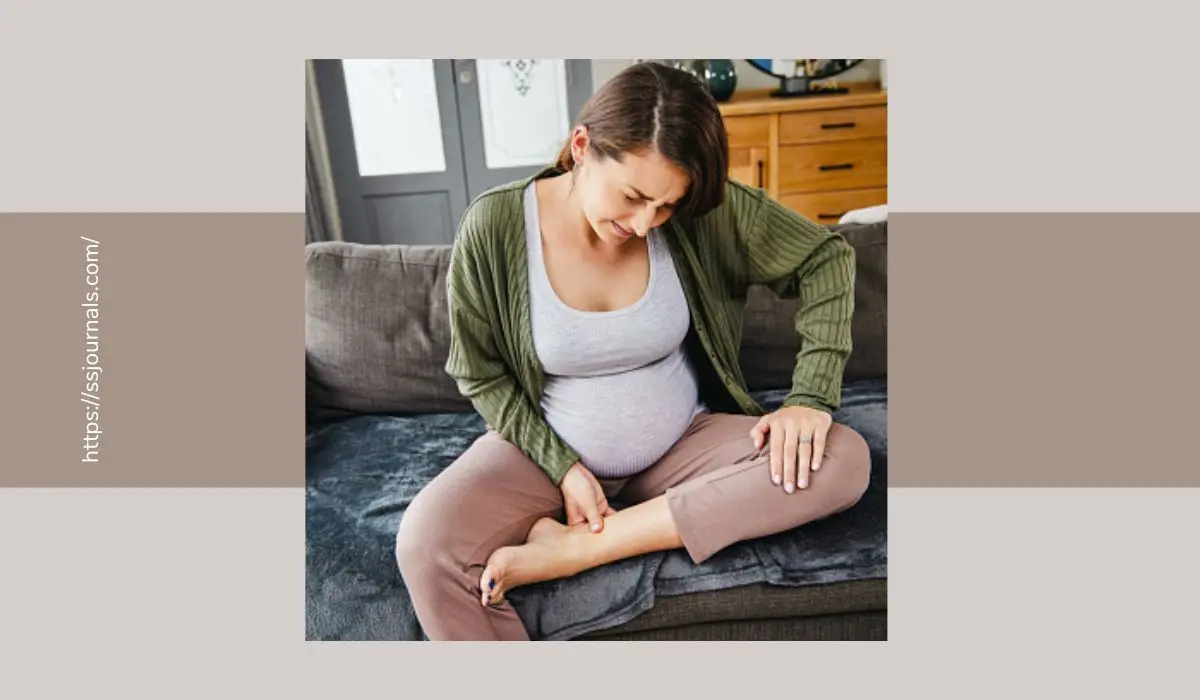Leg cramps are a common complaint during pregnancy, especially during the second and third trimesters. While not usually serious, leg cramps can cause significant discomfort and interrupt sleep. Understanding the causes, risk factors, and some self-care tips can help pregnant women deal with this annoying problem.
What Are Leg Cramps And How Do They Occur During Pregnancy?
Leg cramps during pregnancy refer to sudden, involuntary muscle contractions or spasms in the calves, feet, or thighs. The cramping sensation may last just a few seconds or several minutes. It can range from mild to intensely painful. Cramps often occur at night, disrupting sleep.
The exact causes of leg cramps in pregnancy are not fully understood, but are likely related to circulatory, nerve, and musculoskeletal changes that occur during pregnancy:
✔ Expanded blood volume – More blood circulating puts added stress on blood vessels. This can contribute to compression and nerve irritation in the legs and feet.
✔ Calcium demands – The growing baby requires large amounts of calcium, which can deplete the mom’s calcium stores and affect muscle function.
✔ Weight gain – Extra pounds, especially in the abdomen, increase pressure on pelvic blood vessels and nerves.
✔ Hormones – Pregnancy hormones like progesterone and estrogen directly affect muscles and nerves.
✔ Fatigue – Tired, overused muscles are more prone to cramping and spasms.
✔ Dehydration – Inadequate fluids can contribute to muscle cramps.
✔ Supine position – Lying flat on the back can decrease blood return from the lower limbs, triggering cramps. This is why cramps frequently occur at night.
Risk Factors For Leg Cramps During Pregnancy
Certain conditions and factors may increase a pregnant woman’s chances of having problematic leg cramps:

✔ History of leg cramps prior to pregnancy
✔ Overexertion, especially in hot weather
✔ Advanced pregnancy term
✔ High heels, ill-fitting shoes
✔ Low potassium, calcium, or magnesium in the blood
✔ Inadequate stretching
✔ Poor circulation
✔ Sedentary lifestyle
✔ Dehydration
✔ Varicose veins
✔ Pregnancy-induced hypertension
✔ Multiple pregnancies (twins etc)
Pregnant women who experience frequent or persistent leg cramps, especially accompanied by redness, swelling, or pain between cramps, should see a doctor to rule out dangerous clots.
Precautions and Self-Care Tips to Prevent Leg Cramps
While not always preventable, the following self-care measures can help reduce leg cramp occurrences during pregnancy:
✔ Stretch calves, hamstrings, and quadriceps several times daily, especially before bed. Hold stretches for 20-30 seconds.
✔ massage cramped muscles
✔ Apply heat pads or warm (not hot) baths/showers to tense muscles.
-✔ Avoid pointing toes while stretching or sleeping.
✔ Wear supportive, low-heeled shoes even at home to reduce foot tension.
✔ Stay well hydrated by drinking plenty of water.
✔ Get enough calcium and magnesium from diet or supplements.
✔ Soak in warm Epsom salt baths to boost magnesium absorption.
✔ Try a maternity support belt to lift the abdominal weight.
✔ Exercise regularly to improve circulation but avoid overdoing it.
✔ Limit time standing or sitting in the same position.
✔ Elevate legs periodically throughout the day.
✔ Avoid raising legs straight up in bed—bend knees slightly.
✔ Use leg and foot cradles/supports in bed to keep muscles relaxed.
Conclusion
Leg muscle issues like cramps, spasms, and restless legs are common annoyances during pregnancy. While not usually indicative of anything medically serious, they disrupt sleep quality and daily comfort.
Understanding the common causes along with helpful stretches, hydration, diet tips, and lifestyle changes can help pregnant women manage symptoms.
But severe or persistent leg pain should always be evaluated by a doctor. With some simple self-care measures, most pregnant women can relieve or prevent painful leg cramps.
Read More:- How To Use Carrot Juice With Honey For Weight Loss? Ditch The Pounds Easily
FAQs
Q: Are leg cramps during pregnancy dangerous?
A: Leg cramps are not typically dangerous, but sometimes indicate an underlying issue like muscle strain or poor circulation. Severe or recurring cramps should be evaluated by a doctor to rule out blood clots or nerve damage.
Q: When do leg cramps tend to occur during pregnancy?
A: Leg cramps most often occur during the second and third trimesters as extra weight stresses the circulatory system and muscles. Cramps frequently happen at night when lying down.
Q: Can leg cramps indicate preterm labor?
A: Leg cramps alone are not linked to preterm labor. But consistent contractions paired with other signs like pelvic pressure, low back pain, or discharge should be checked urgently.
Q: What can I take for leg cramps during pregnancy?
A: Hydration, stretching, massage, heat therapy, and magnesium supplements may help. Check with your doctor before taking any medications as options are limited during pregnancy.
Q: How can I prevent leg cramps at night?
A: Preventive tips include stretching before bed, proper leg positioning while sleeping, staying hydrated, and taking magnesium or calcium if deficient. Wearing compression socks at night may also help.

